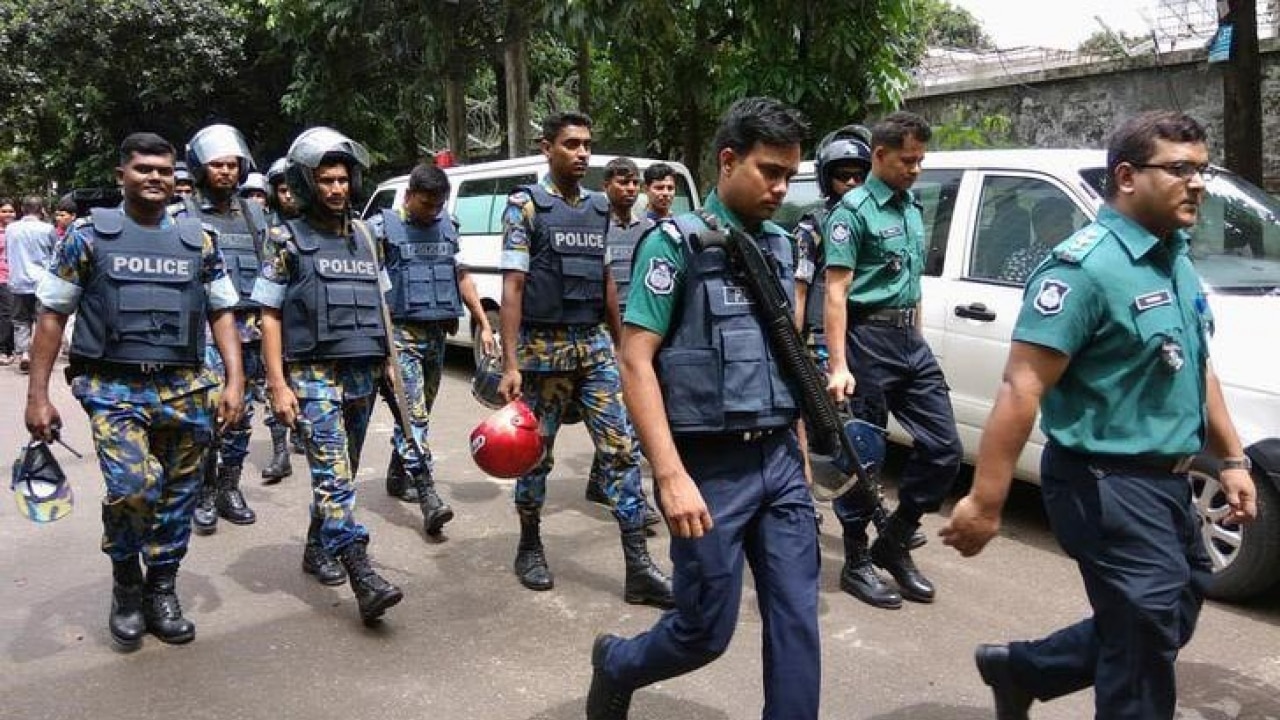
The details and the analysis of Operation Thunderbolt, carried out by the police, Rapid Action Battalion (RAB) and the army, would emerge a little later. But one thing that is crystal clear is that terrorism in South Asia is not confined to Afghanistan, Pakistan and India. It has now sucked in Bangladesh into the maelstrom. The Islamic fanatics have been active in Bangladesh, and they have been targeting Hindus as well as liberal Muslims in a series of murders in different parts of the country. But the Friday siege of a café in an upmarket Dhaka neighbourhood, where most of the hostages were foreigners — it has been confirmed that there were three Bangladeshis among them as well — takes terror acts to a new level of desperation, and it becomes an undeclared war of the terrorists against the government.
What is also clear is that the Bangladesh government has responded firmly, and it has sent out a clear message that it does not intend to give any quarter to the terrorists, whoever they may be. Observers are sure to argue that the lives of the majority of hostages could not be saved, or that if there was a gesture of negotiation on Friday night, perhaps the lives of the 20 persons who were killed could have been saved. It will be difficult to argue the case either way because the terrorists did not seem to set any terms. Or if they had let known their demands, the government had plainly refused to deal with the terrorists or their demands. From the information revealed by the army and the RAB spokespersons, it is evident that the hostages were killed with sharp weapons on Friday night. It will remain a matter of speculation as to why the 20 were killed and the others escaped. It could be inferred that the security forces were able to rescue the others before they were killed. The information is incomplete and hopefully the survivors should be able to tell more about the terrorists and what they wanted.
Apart from the claim made by the Islamic State (IS) website, owning responsibility for the siege, there is no clarity about the identity of the terrorists and their affiliation. It will be extremely important to ascertain the identity of the terrorists before drawing the right conclusions. There is however enough evidence to show that this was indeed an ideologically-motivated Islamist group, whether of indigenous origin or not. Their target was a group of foreigners, at least an overwhelming number.
Indian security agencies and experts had been arguing that for some time the Islamic terrorists, including the IS and Al Qaeda were using the Bangladesh corridor to India, and that they were not any more confined to Afghanistan and Pakistan. It turns out that the Islamic terror groups are now keen to turn Bangladesh into a theatre of war and cause havoc there as they have been doing in the western region of south Asia. This would necessitate strategic and security cooperation between New Delhi and Dhaka, and India will have to be on guard on the eastern front as well. This is sure to stress the Indian intelligence and security resources and it will be necessary to upgrade and expand the security network. But this should not create panic either in India or Bangladesh. Terrorists are never on strong ground because the majority of people in the region reject terrorism, but it would require the governments and the agencies to be on the alert.